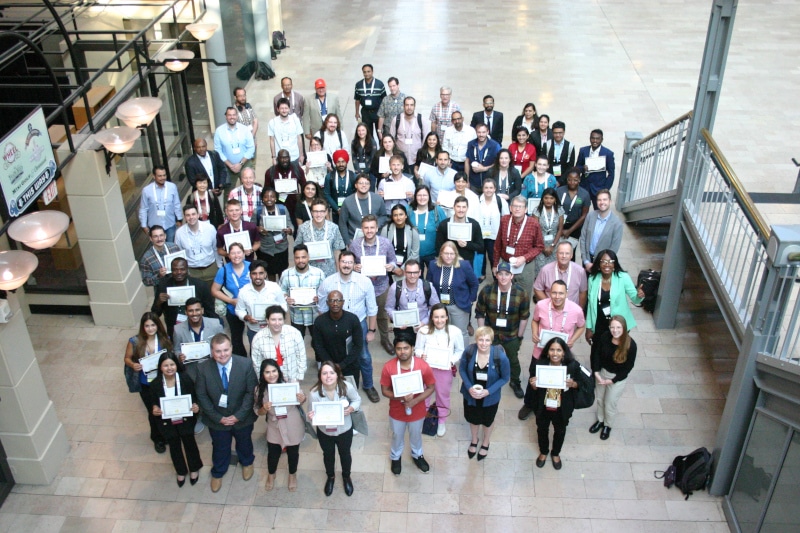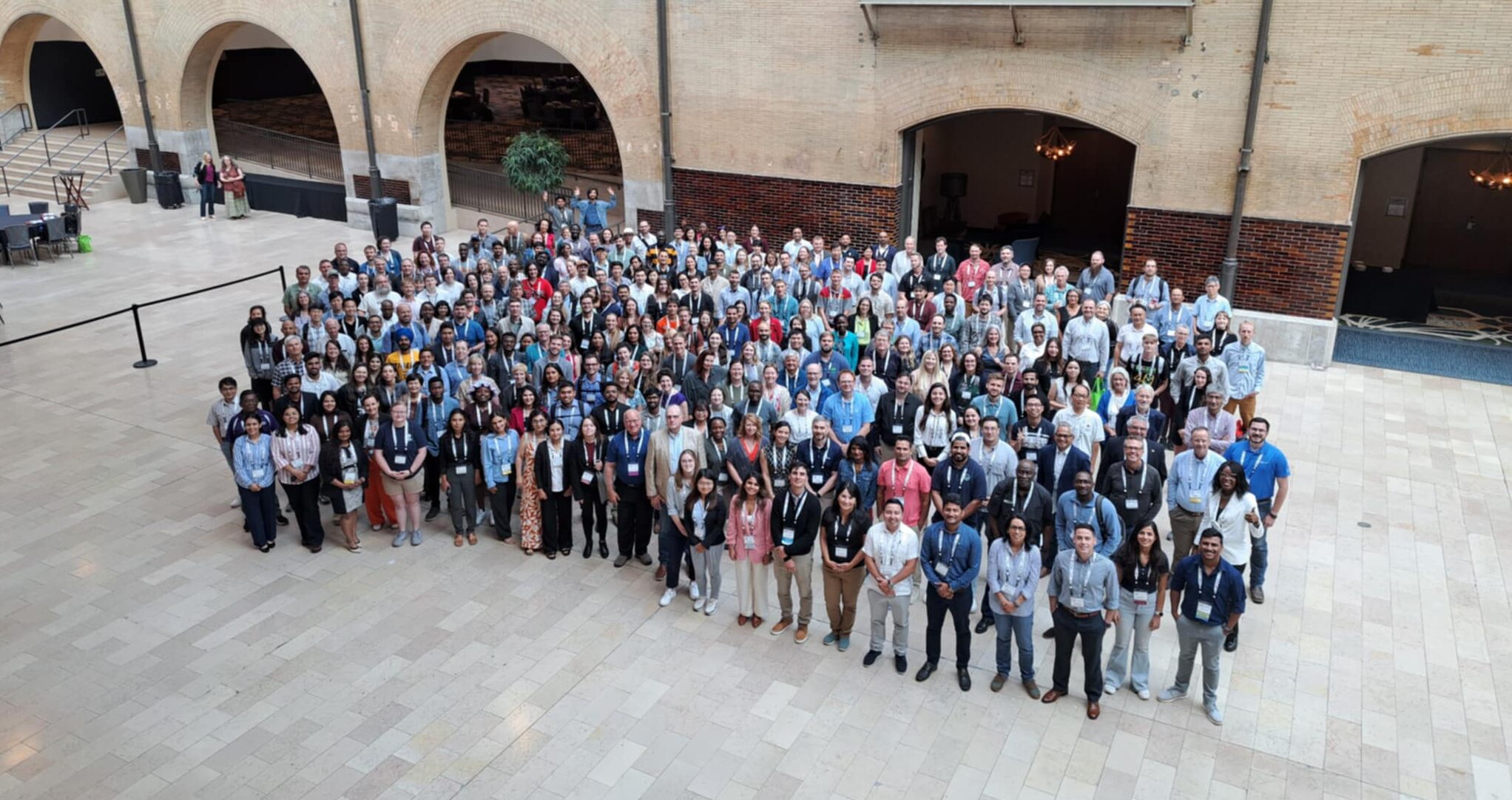The National Association for Plant Breeding (NAPB) kicks off its annual conference in St. Louis, MO, this week and will recognize Corteva’s Tabare Abadie with its Private Sector Plant Breeding Impact Award.
Tabare Abadie, a visionary in plant breeding, champions the transformative power of artificial intelligence (AI). For young professionals entering the field, his advice is unequivocal: “Don’t fear AI. Engage with it, learn how it can benefit you, and maintain control. Each technology comes with risks, but blocking them isn’t the answer. We need to be proactive and positive.”
Abadie’s journey from Uruguay to becoming a global influencer underscores the importance of embracing new technologies. Abadie will be officially recognized this week as the National Association for Plant Breeding (NAPB) Private Sector Impact Award recipient. The NAPB is holding its annual conference in St. Louis, MO beginning today.
Despite initial reluctance, he has integrated AI into his work, primarily for text building. “Initially, I thought it would remove the personal touch, but I was pleasantly surprised by the quality. I’ve started recommending it to others. AI can solve problems faster and interactively. It’s a powerful tool,” he explains.
Abadie’s career is a testament to meticulous planning and visionary leadership. One of his most notable achievements was the creation of a global technological network during his tenure at Pioneer. “The objective was to ensure everyone had access to the same technologies, regardless of their location — China, Africa, South America, North America, or Europe. With dedication, we built that network, allowing everyone to benefit from the technologies we developed or acquired.”
Another highlight of Abadie’s career is the success of the Corteva Symposia Series. Initially advised to limit its scope to a few universities, he pushed forward with a broader vision. “We pushed forward, and now, people from Africa, Mexico, Argentina, Chile, India — all over — are as connected as anyone else. The pandemic accelerated this trend, but the groundwork was already there.”
Abadie’s impact is amplified through his ability to influence others. “I remember a time at Pioneer when a region was reluctant to adopt new technology. After spending time understanding their resistance, I identified a high-potential individual who transformed the group’s approach. They went from being skeptics to leading adopters, even receiving awards for their success.”
His efforts through the Symposia Series also left a lasting impression. “I was visiting Makerere University in Uganda, and young professors there had met me through the Symposia Series. These connections are invaluable. Recently, a leader in Argentina mentioned they were hiring someone who became interested in Corteva through the Symposia Series in Colombia.”
When asked about the most disruptive change in plant breeding over the next 20 years, Abadie highlights the unpredictable nature of long-term forecasts. “Every five years, new disruptors emerge. However, artificial intelligence (AI) is a technology we discussed over a decade ago, and it’s now at the forefront. AI’s potential to facilitate decision-making and accelerate progress is immense. It’s transforming the roles of scientists and breeders.”
Having worked in both public and private sectors, Abadie sees great potential for collaboration, particularly in education. “There’s so much happening outside academia that students can miss if they stay entirely on campus. More experiential learning opportunities could better prepare them for successful careers. The private sector, with its targeted and goal-oriented approach, moves fast.”












